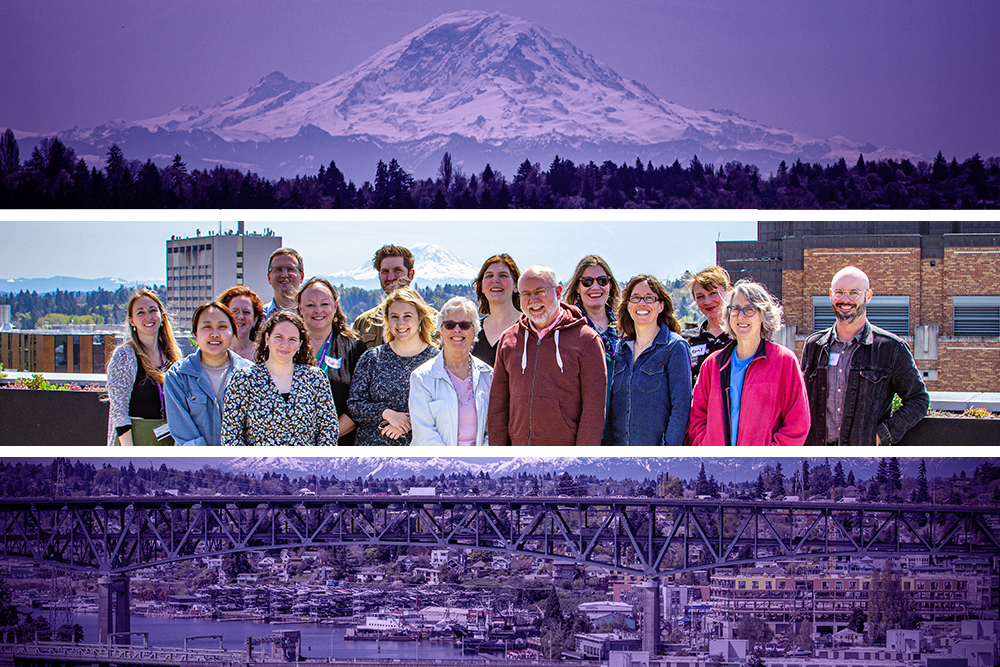
Public health preparedness was tested long before COVID-19.
As NWCPHP Director, Betty Bekemeier, PhD, MPH, RN, FAAN, reflected on the changes happening in the field, she noted that, “2001 brought September 11th, Anthrax, and bioterrorism. Then the numbers and capacity of our workforce during the financial downturn of 2007–08 took a nosedive nationally, particularly in the governmental public health workforce. We entered the pandemic with some of our lowest per capita numbers in the workforce that we’ve had in decades, if not ever.”
With this history and knowledge of the pre-COVID public health workforce, Betty also mentioned, “The bread and butter of public health is infectious disease control.” During the pandemic, “These public health workers, against all odds, really dug in and did what they had to do and did remarkable work under the circumstances.”
As Betty examined the current and future needs and capacity of the public health workforce and their communities, she noted that due to federal funding, “The age of the workforce lowered in a relative heartbeat.” A radical influx of public health professionals with quite a bit less experience now has fewer mentors on staff to help them due to tremendous turnover during the pandemic.
“The Public Health Training Center Network and others who support the workforce, need to lean in and do everything we can to make the most out of this wonderfully diverse, youthful, smart, bright, eager group so they want to stay in public health and bring new ideas. Folks are bringing in new ways of thinking and new connections to more diverse communities. We need to embrace that, learn from their lived experience, and at the same time help them get what they need to succeed in their new roles.”
Over the last year, staffing changes at NWCPHP have included hiring a new Leadership Institute Program Director and faculty, Continuing Education Coordinator, Communications and Marketing Specialist, Evaluation Specialist, Instructional Technologist, Graphic Designer, and a new Hot Topics in Practice Moderator.
We’ve also welcomed a new cohort of scholars to our Leadership Institute and reinstated our Public Health Management Certificate program after three years with a full cohort. After a careful review, new training competencies were included to reflect the changing landscape regarding anti-racist practices in public health. The steady successes of these intensive programs have been evident in the need and the value that scholars, and their employers, receive from them. Especially amidst these challenging times.
NWCPHP continues to offer stipends distributed directly to graduate, doctoral, and undergraduate junior and senior students working on public health projects around the region. These funds are intended to help them defray living expenses during their hands-on learning experience.
We also announced our role as a regional HUB and Public Health Infrastructure Grant (PHIG) partner of the National Network of Public Health Institutes for the next five years with funding from the CDC.
”We’ve had some major ups and downs in the public health workforce this century,” said Betty. “But we’re creating a new vision of what supporting that workforce can be.”

